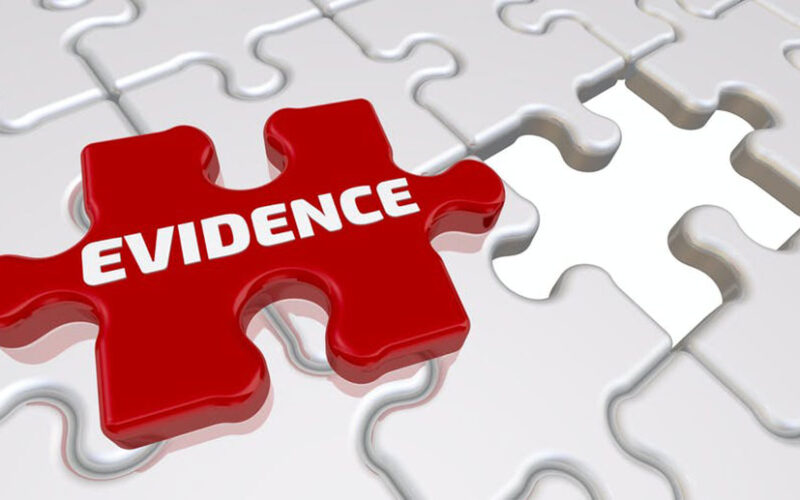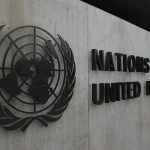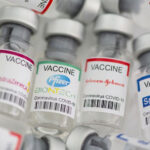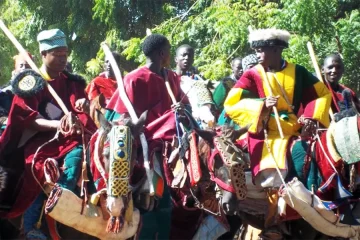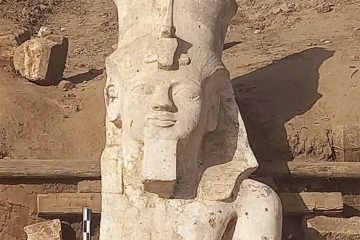THE COVID-19 pandemic has added to the challenges facing African countries, including poverty, inequality and unemployment.


Solutions exist. But they must be based on the best available evidence. That allows governments and policymakers to ensure scarce resources are carefully, transparently allocated where they can do the most good.
Around the world, there is a community working to develop and support mechanisms that increase the use of research in decision-making. This is what is called evidence-informed decision-making. The community works in many ways. For example, it develops approaches that collate and synthesise the evidence about the effectiveness of specific interventions. An example is around COVID-19 vaccines. It also supports researchers and decision-makers to better understand the systems they work in. This enables more effective partnerships.
Africa’s research community is a front runner in developing evidence-informed decision-making – then adapting it to real-world policy-driven contexts. Across the continent, evidence teams are responding to demands within policy systems to provide evidence that is useful – and used.
During the pandemic there’s been a striking mobilisation of Africa’s evidence community to meet the growing demand for evidence to inform decisions.
For example, African specialists have played a pivotal role during the pandemic. In one partnership evidence leaders from around the world have come together to collate the best available evidence to address COVID-19.
This is just one of a range of examples.
Shining examples
A team of researchers at Uganda’s Africa Centre for Rapid Evidence Synthesis systematically collates evidence for decision-makers. They bring together the best available knowledge on an issue in a timely fashion to respond directly to policymakers’ needs.
Their recent work includes evidence briefings on protecting health workers against COVID-19 and on the introduction of local lockdowns.
They also increasingly provide training and support to similar teams across the continent and beyond in how to provide responsive evidence services for governments.
A number of other responsive evidence services have come into their own during the last few years. Examples include those within the ministries of health in Burkina Faso and Zimbabwe. These have addressed policy questions around issues such as health financing in Burkina Faso’s health system and COVID-19 misinformation.
In Ethiopia, the central government has decided to declare the use of evidence a mandatory function. It now requires the integration of evidence into policy development processes.
South Africa’s Western Cape and Gauteng provincial governments have also invested in data governance and knowledge for decision-making at a sub-national level. This has enabled tailored responses to priorities, including the pandemic.
Evidence and policy teams are also working to respond to a wider range of demands for evidence. These include issues relating to tackling COVID-19 misinformation. Other initiatives aim to inform transport policy. Some support small business development.
In each case collaborative teams of decision-makers and researchers are working to collate and contextualise the best available evidence to improve policy outcomes.
Strong relationships
Sometimes, evidence-informed decision-making means going the extra mile to make sure research evidence reaches its intended audience.
A team from Cameroon demonstrates this in its Tori Dey initiative. They organise and coordinate fireside oral performances in local languages to communicate the best available evidence on important issues. Their target audiences are citizens and decision-makers.
The African evidence community has built strong relationships across traditional boundaries. This has allowed researchers to mobilise quickly and effectively. This has been demonstrated by the Africa Evidence Network’s Evidence-Informed Decision-Making hub during COVID-19. Evidence for decision-making was shared from different African contexts.
These examples demonstrate the creativity and resourcefulness of policy-makers, practitioners and researchers in Africa’s evidence community.
Three other characteristics of the ways in which this community works are worth highlighting.
First, the different players connect to form communities of people dedicated to supporting the increase of evidence-use in decision-making. They do so by joining local, national and continental associations. The Africa Evidence Network is the largest of these.
Then, crucially, they use these communities to inform and learn from one another. Every African country is distinct. But the people living and working on the continent as part of its evidence community share a unique, collaborative way of working towards a common goal. Events like EVIDENCE 2020 ONLINE and Africa Evidence Week 2021 attract tremendous levels of engagement and participation.
Finally, Africa’s evidence community advocates for the continent’s voice in the global movement. This has given many others the chance to showcase their excellence. Examples include evidence-based guidance in tackling COVID-19 being shared, and the annual Africa Evidence Leadership Award.

